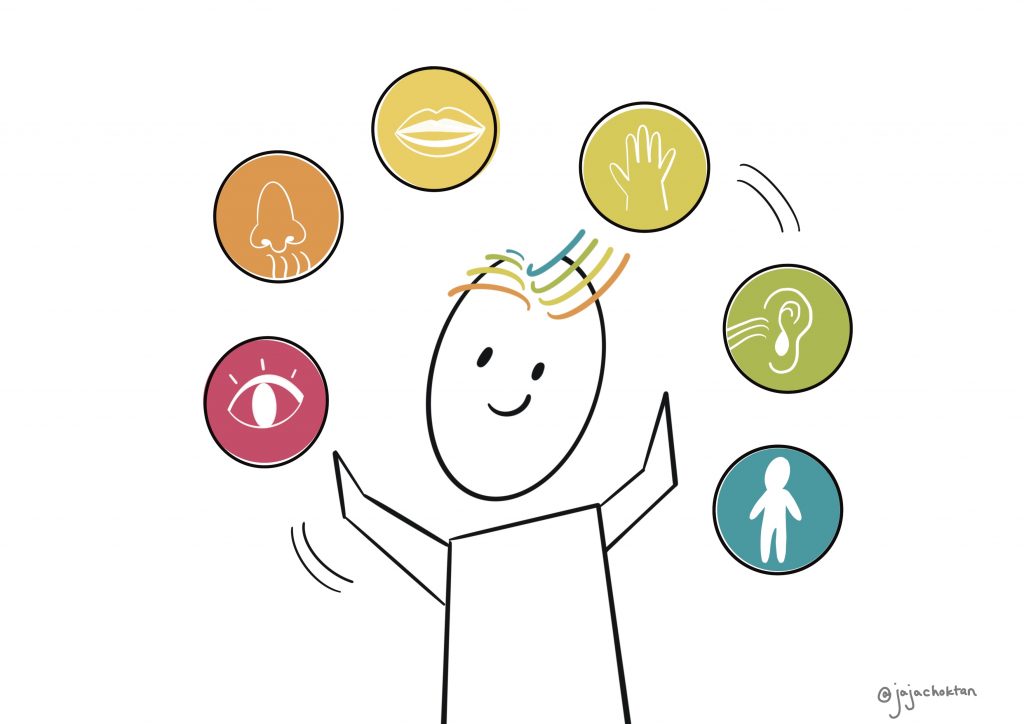
Funding success for autistic sensory motor study
Emma and Ellen have been awarded funding from the National Institute of Health Research (NIHR) to carry out a study to show the need for providing routine sensory motor assessment and support for autistic adults. Starting in April 2024, the two year study will also develop guidance to help clinicians choose appropriate sensory motor assessments and support options and is funded through the NIHR Research for Patient Benefit scheme. See below for a summary about the study.
Evidencing the need for routine sensory motor assessment and support for autistic adults
Why is this research important?
Autism is a naturally-occurring, largely genetic condition that affects how that person understands their environment and interacts with other people, with around 1-1.5% of people diagnosed in the UK. Sensory and motor difficulties (SMD), such as hypersensitivity to sound and light, and difficulties with carrying out physical movements, occur in ~80% of autistic people. SMD can cause significant problems with day-to-day tasks, such as getting dressed, eating and maintaining employment – often leading to anxiety, depression, fatigue, a restricted lifestyle and reduced quality of life. Despite the serious impact of SMD, autistic adults do not receive routine assessment and support for their SMD unless they also have a diagnosed Learning Disability (LD), which is usually picked up in early childhood and supported accordingly.
What we plan to do
We seek to show the need for routine SMD assessments and treatment for autistic people without LD and what kinds of support would be of help, leading towards an innovative new SMD pathway for them. We will start by showing what proportion of autistic adults that do not have a LD need SMD support and how many are likely to take this up. We will recruit 110 autistic adults via autism diagnostic clinics to receive a SMD assessment (involving tasks such as positioning one’s own body) and a follow up appointment by a specialist clinician. These will show how many patients offered the assessment wanted it, the range of their SMD and what types of support were useful. Second, we will collect information on what the volunteers thought about the assessment and how they benefitted to help plan how to test the new pathway. Third, through workshops with the research team and a survey of clinicians, we will identify which assessments and support options should be included in the pathway.
Patient and Public Involvement and sharing our findings
Our previous work with autistic people confirmed the importance of but lack of SMD assessment and support and guided our decisions around recruitment and assessment to maximise benefit for volunteers. The project will be co-produced with two autistic team members who will attend team meetings and the workshops. Advice will also be sought from ~15 members of the Autism@Manchester Expert by Experience advisory group and implemented where practicable. Participants will benefit immediately through acquiring greater personal awareness and understanding, together with recommendations to help manage their SMD. The longer-term goal of introducing a SMD pathway is to improve quality of life for autistic people. Blogs and presentations about the findings will be shared with autistic people and clinicians through Autism@Manchester, support groups, charities, NHS trusts and related social media. We will reach professionals via conferences and in publications.






0 Comments